Motherhood brings with it plenty of surprises. (Sleep regressions! Breast feeding difficulties!) But in Australia one of the cruellest surprises, at least in financial terms, is the cost of childcare.
And the numbers are truly shocking.
Out-of-pocket childcare costs have risen by 50 per cent since 2011. Some centres cost $200 a day – or $42,000 a year for a four-day-a-week placement. And perhaps most outrageously, some working mothers are paying to work.
No wonder childcare is shaping up to be a key election issue. This week Labor promised to boost childcare educators’ salaries by 20 per cent and reduce costs for low-income families, a move that has been both welcomed and pilloried (of course!). But what do women most affected by the policy really think of our current system?
“We were regarded as babysitters”
Rebecca, 30, lives in Sydney and has worked as an early childhood educator for 10 years. She earns $59,000.
“I love my job, but there have been times over the past few years when the financial stress of earning $22 an hour has forced me to consider leaving it.
When I first moved to Sydney from the country, my flatmate and I paid $500 a week in rent, plus some other quite significant bills. I was constantly relying on my family for help with living costs. I had no money by the end of the week. I felt really frustrated and disappointed.
Even now that I’m earning $31 an hour in a more managerial role, I’m still under financial stress. My partner works casual contracts and I’m paying back my HECS. It feels like the more I earn, the more I have to pay out. I have quite significant health issues, which mean I’ll have to have IVF, so I’ve taken out private health insurance. I’m now paying $75 a fortnight for that.
I work in the nursery room, with babies aged up to two, and we take a key educator approach that is based on attachment theory. Each educator is given responsibility for small group of children, and we try to ensure that the educator moves with the children through the centre each year – so they form a strong relationship with the child and their family.
Unfortunately, we have a high turnover of staff, and that’s even in our organisation, where we have an EBA. One of my closest friends, a really skilled and experienced educator, resigned from our centre to take a job doing traffic control. She left purely for financial reasons – she needed to save some money and she just wasn’t able to do that on the wage she earned here.
But when someone leaves, it has a massive effect on the team and the children – it leaves a significant hole in their lives. For some children, it can feel like they’re starting over in a new place. Younger children can become distressed over small things that might not ordinarily bother them, or less willing to participate in activities where they used to feel safe with their key person.
As a team and educational leader in my centre, I have additional responsibilities for guidance, mentoring and support. We have 71 children, which is quite large. I’m currently diploma qualified but I’m just a few months away from graduating with my bachelor of education, 0-5 years. A few years ago, I think early childhood education was regarded as tantamount to babysitting – that we were just minding children for the day. As more information has emerged about the work we do, and the crucial role we can play in a child’s development, I think that has started to shift.
Recently, I was asked to work one-on-one with a four-year-old boy who attended one of our sister centres.
He came from a traumatic background – his mum was a drug addict and he was living with his grandparents. His behaviour had become aggressive towards the other children and he’d broken an educator’s nose with a wooden block shortly before I arrived.
I spent four months with him one-on-one, helping him to build peer relationships, and repair the broken-down relationships with the other educators.
By the time I left he would come in excited to be there, able to handle altercations with other kids and he could recognise his trigger responses and know how to handle them, maybe by taking himself off to a quiet area. He wasn’t displaying aggressive behaviour and he had shifted his attachment from me to one of the other educators.
Seeing the transformation in him felt incredible. There’s not a feeling like it, when you know you’ve potentially changed the trajectory of a child’s life. Knowing he’s had the chance to form safe, happy relationships in his formative years, and knowing that he now has more opportunities in his life to be successful – that’s an amazing feeling. Children are precious.”
“The daycare teachers are part of my ‘village”’
Sarah, 37, works in advertising four days a week and has two-year-old twins. She earns $140,000. Her husband works in IT.
“Before I had children I didn’t understand what childcare workers did. I thought they basically fed the children and kept them happy. Now I have a much greater appreciation.
The twins do so many activities at their daycare centre every day – whether it’s learning about animals or learning to count – and everything is right for their age and stage. There is a whole curriculum that they work to.
I don’t think I could have offered all those activities at home. It would have taken me so much time just to research which activities were age appropriate.
There was never a question that I would be a stay-at-home mother. I enjoy working, I enjoy the stimulation and also having another aspect to my life.
Of course, when the kids first started at daycare, the drops offs were really tough and emotional. It really pulled on you. But they have bonded with the teachers. They’ll come home and say “I love Lucy” or “I love Ava” (their teachers). I love that.
They say it takes a village to raise children, and I see the teachers at my children’s daycare as part of my village. Some of them are better than others, but when it comes to children’s behaviour or development they’ve seen it all before so I’ll go to them with questions or for advice. And it really does feel like a partnership. Recently my son saw a speech therapist and his teachers were really interested to know how it went so they could incorporate the learnings into their approach, which I really appreciated.
My husband is overseas about one week out of four, and our parents don’t do childcare. My in-laws take the twins home early once a week, which is great. But my mum is in her 70s and her partner is in his 80s – they can’t run around after two toddlers.
The twins’ daycare costs $140 a day each (so $280 a day for both). My husband and I received the childcare subsidy the first year they were in childcare but then he got a promotion and now we don’t receive the subsidy.
I earn $140,000, which means that when you subtract the costs of daycare I’m earning $150 a day. I know that might sound like a lot, but it’s a big reduction for me. I took a 20% pay cut to work four days a week after I had children and a further 15% on top of that to work somewhere that gives me flexibility.
I know that technically childcare costs come out of both my husband and my earnings. But in reality, childcare costs come out of the lower income earner’s salary, as they might otherwise be at home – and in our case that’s me.
I know we’re lucky to be on good incomes, but when you hear that childcare is cheap – almost free – in New Zealand or that it’s tax-deductible in France, for example, it does make me feel as though the Australian government doesn’t support working mothers.”




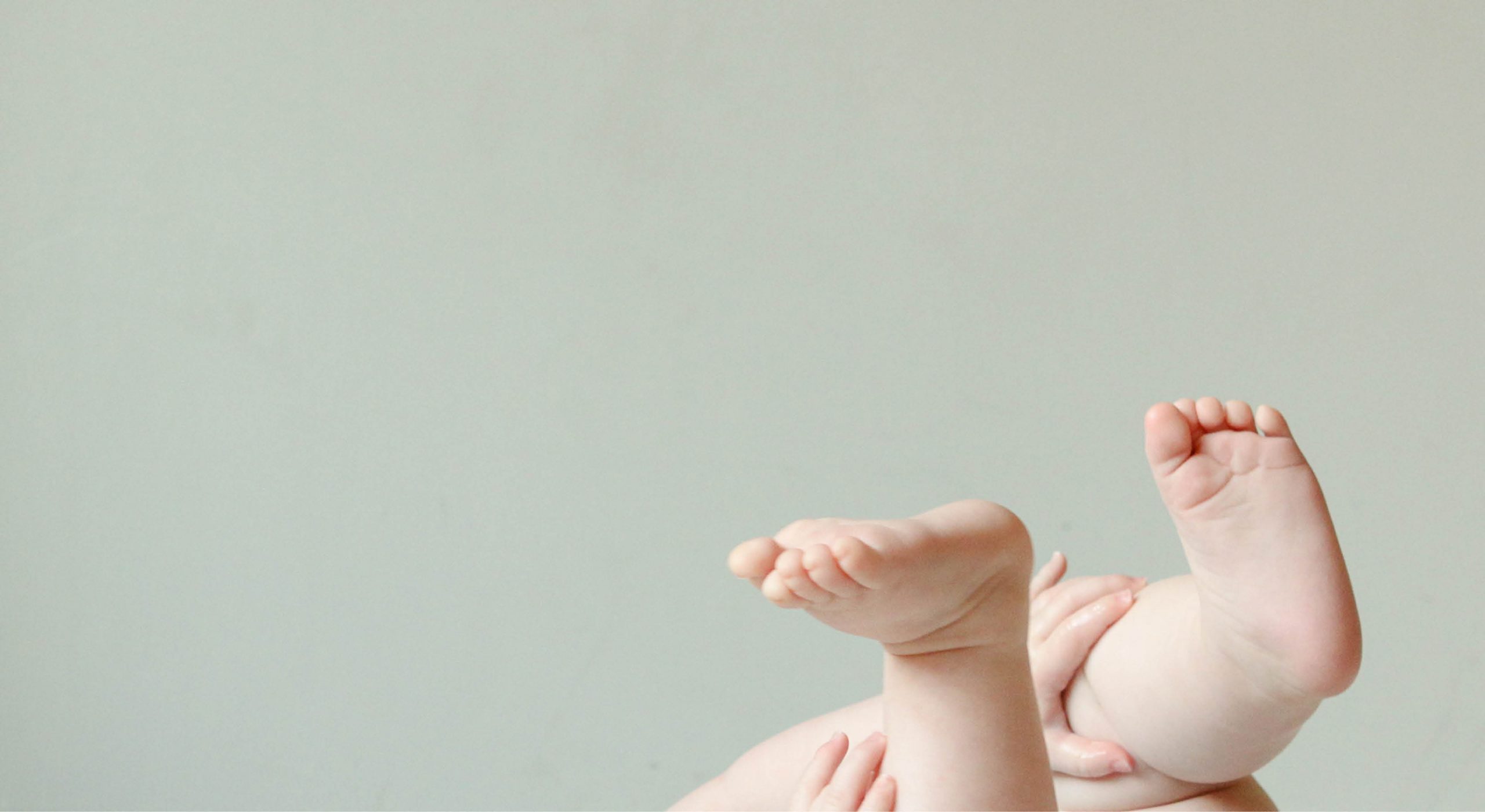
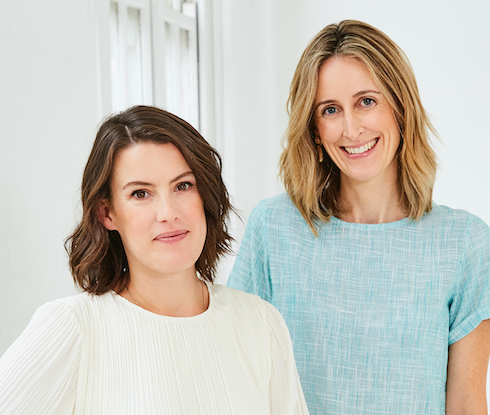

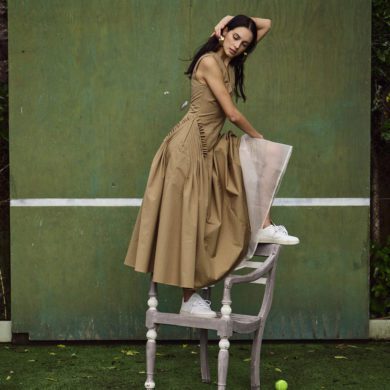
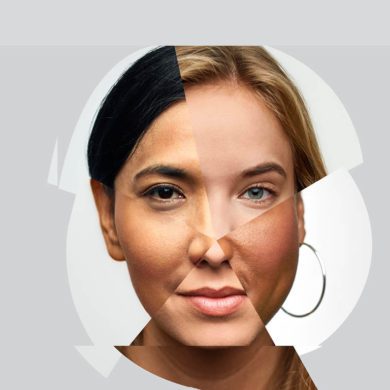
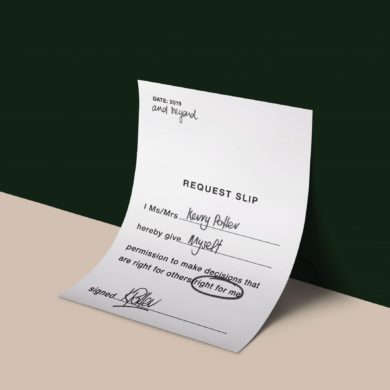



No Comments